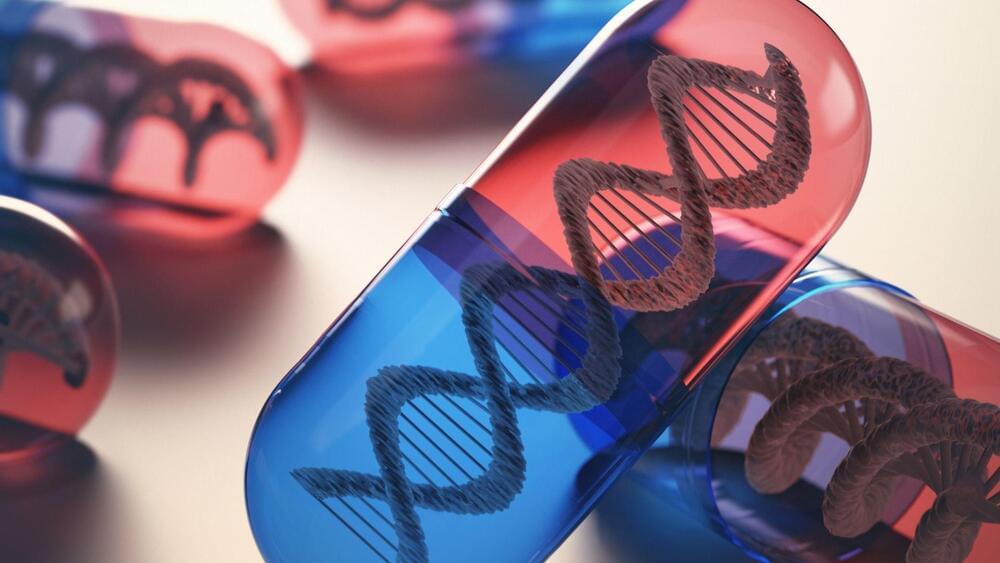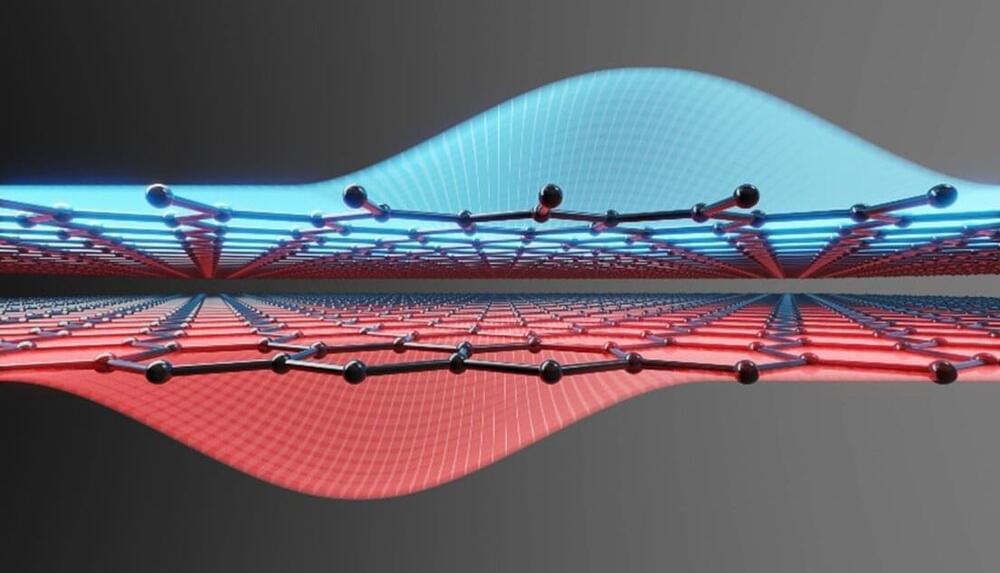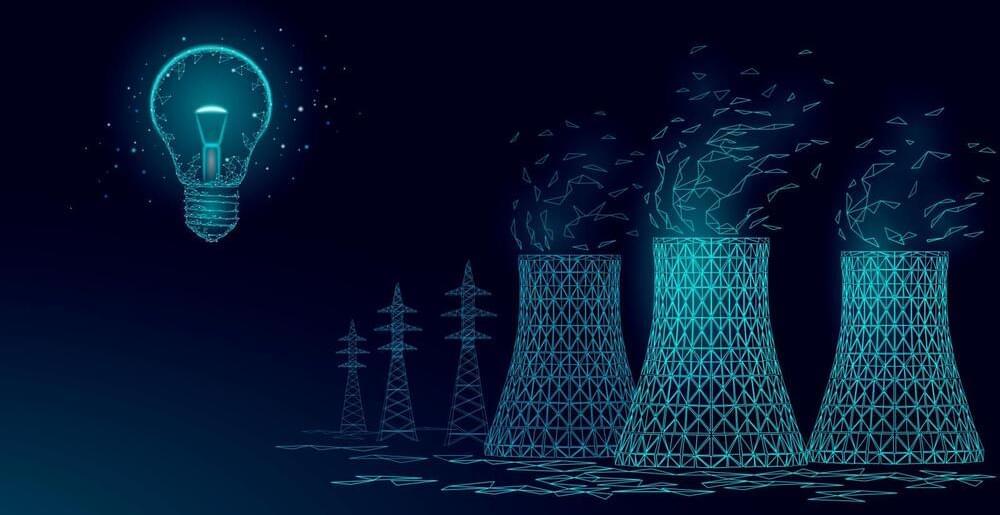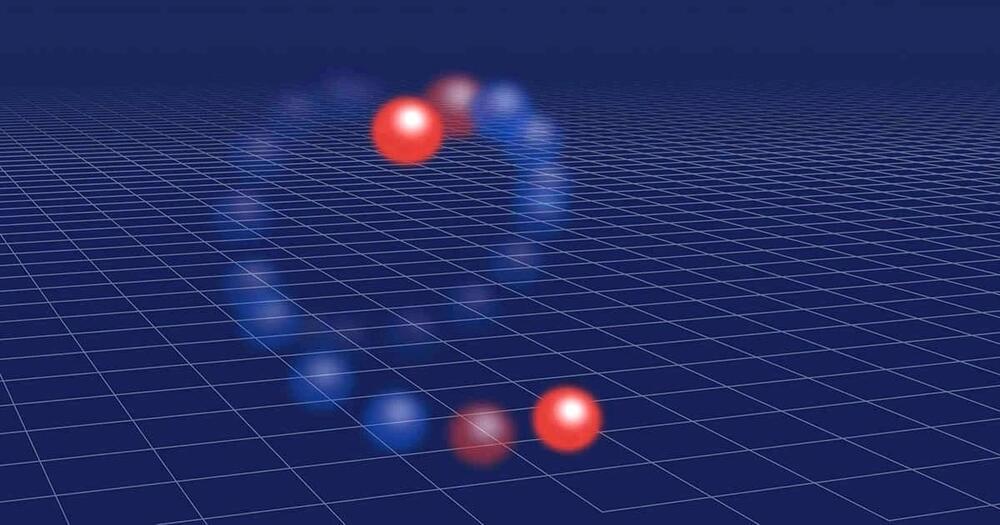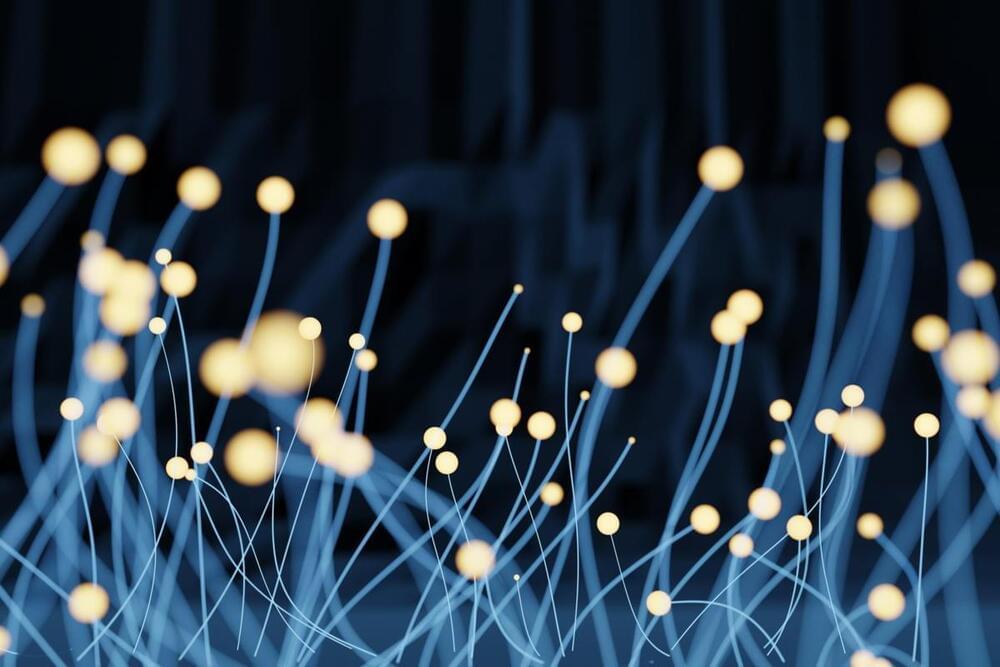
Amid all the hype and hysteria about ChatGPT, Bard, and other generative large language models (LLMs), it’s worth taking a step back to look at the gamut of AI algorithms and their uses. After all, many “traditional” machine learning algorithms have been solving important problems for decades—and they’re still going strong. Why should LLMs get all the attention?
Before we dive in, recall that machine learning is a class of methods for automatically creating predictive models from data. Machine learning algorithms are the engines of machine learning, meaning it is the algorithms that turn a data set into a model. Which kind of algorithm works best (supervised, unsupervised, classification, regression, etc.) depends on the kind of problem you’re solving, the computing resources available, and the nature of the data.
In the next section, I’ll briefly survey the different kinds of machine learning and the different kinds of machine learning models. Then I’ll discuss 14 of the most commonly used machine learning and deep learning algorithms, and explain how those algorithms relate to the creation of models for prediction, classification, image processing, language processing, game-playing and robotics, and generative AI.
